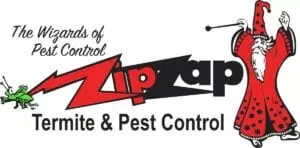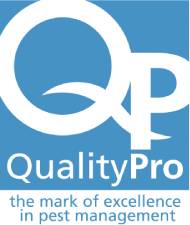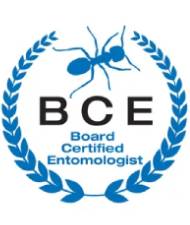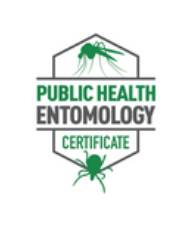How to Identify Fleas and Their Control
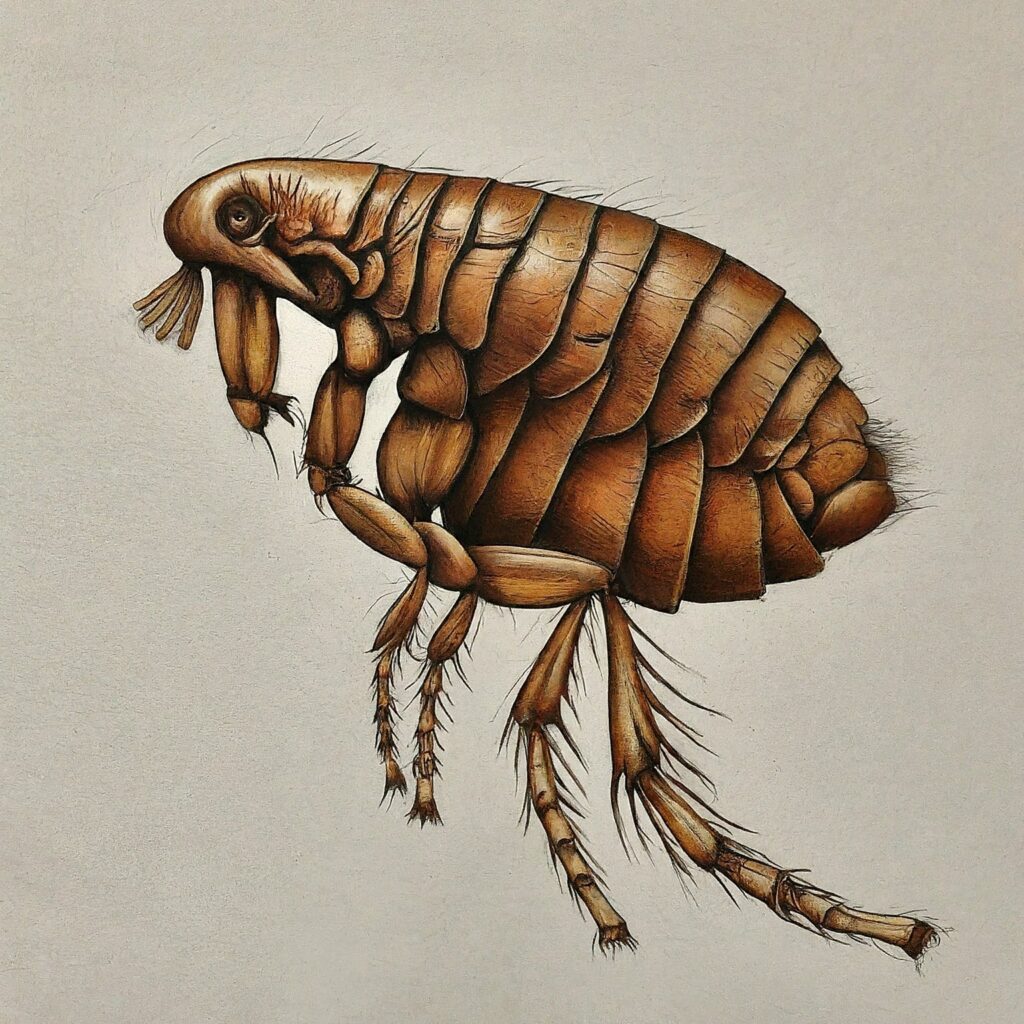
Fleas: A Persistent Pest in Kansas City
Fleas are tiny, wingless insects that can cause significant discomfort and potential health risks to both humans and pets. These blood-sucking parasites are particularly prevalent in Kansas City due to the region’s warm climate and abundance of potential hosts. Understanding the flea life cycle, their behavior, and effective control methods is crucial for maintaining a flea-free environment.
The Life Cycle of Fleas
Fleas undergo a complete metamorphosis consisting of four distinct stages:
- Egg: Female fleas lay tiny, oval eggs on their host’s fur or in the environment. These eggs are resistant to drying and can survive for several weeks.
- Larva: Larvae hatch from the eggs and feed on organic debris, including feces from adult fleas. They are sensitive to light and typically live in dark, humid areas, such as carpets, bedding, and furniture.
- Pupa: Larvae spin cocoons and enter the pupa stage. During this phase, the flea develops into an adult.
- Adult: Adult fleas emerge from the cocoon and seek out a host to feed on blood. Females require a blood meal before they can lay eggs, perpetuating the life cycle.
Flea Behavior
Fleas are highly agile and can jump great distances, making them difficult to catch or avoid. They are primarily nocturnal, feeding on their hosts at night. Adult fleas prefer to infest areas with dense vegetation, such as lawns and gardens, where they can easily access potential hosts.
Areas Where Fleas Can Be Found
Fleas can be found in various locations, including:
- Pets: Dogs and cats are common hosts for fleas.
- Homes: Fleas can infest carpets, furniture, bedding, and other areas where pets spend time.
- Outdoors: Yards, gardens, and parks can harbor fleas, especially if they have a history of pet activity.
- Public places: Fleas can be introduced to homes through contact with infected animals in public places, such as pet stores, grooming salons, or animal shelters.
Flea Control Without Professional Pest Control
While it is possible to control fleas without professional assistance, it often requires consistent effort and attention to detail. Here are some effective methods:
- Regular grooming: Brushing your pet regularly can help remove fleas and their eggs from their fur.
- Vacuuming: Thoroughly vacuuming your home, including carpets, furniture, and bedding, can help eliminate flea eggs and larvae.
- Laundry: Wash pet bedding, blankets, and other items in hot water to kill fleas and their eggs.
- Yard maintenance: Mow your lawn regularly and avoid excessive moisture to reduce flea habitat.
- Over-the-counter flea treatments: Various over-the-counter flea treatments are available for pets, including topical applications, oral medications, and collars.
Why Choose Professional Pest Control?
Despite the availability of DIY flea control methods, professional pest control services offer several advantages:
- Comprehensive treatment: Professional pest control companies have the expertise and equipment to address fleas at all stages of their life cycle, including hidden areas that may be difficult to reach.
- Targeted solutions: They can tailor their treatment plans to your specific needs, considering factors such as the severity of the infestation, pet ownership, and environmental conditions.
- Long-term prevention: Professional pest control can provide ongoing prevention services to help prevent future infestations.
- Effectiveness of Products: They use effective products that are approved for residential use.
ZipZap Termite & Pest Control is a trusted provider of professional pest control services in Kansas City. Our experienced technicians can effectively eliminate fleas and prevent future infestations, ensuring a comfortable and pest-free home for you and your family.
By understanding the flea life cycle, behavior, and effective control methods, you can take proactive steps to protect your home and pets from these persistent pests. Whether you tackle the problem yourself or enlist the help of a professional pest control company like ZipZap Termite & Pest Control, a comprehensive approach is essential for long-term success.

Jeffery Preece, BCE,PHE
Jeffery Preece is the owner and technical director of ZipZap Termite & Pest Control
